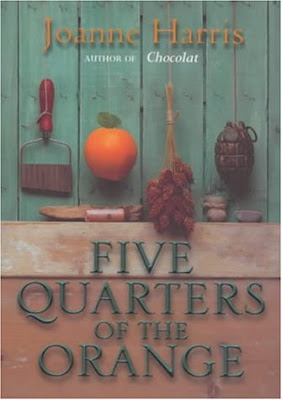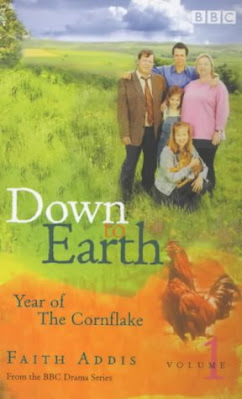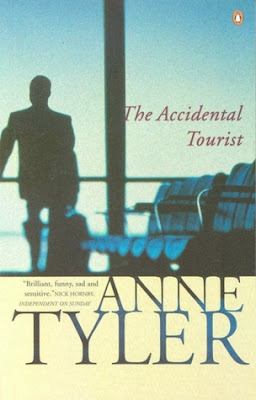Rhue, Morton "The Wave" - 1981
"The class saw a film about the Nazi Regime. They can't believe why people didn't do anything against the Nazis. Ross (the teacher) can't give an answer to the questions. It must be something one could only understand by being there or if possible by creating a similar situation. In the next history lesson Ross wrote on the blackboard: 'Strength through Discipline'. This was the first part of his experiment. When he is talking about discipline he is talking about power and success. From that point the students became more interested."
This is only the beginning of this novel that the teacher Ben Ross who started the experience wrote under a pseudonym. The book is based on a true life story which happened in a high school in Palo Alto, Californa.
This novel is extremely interesting. I read it in school and we talked about it and I had my sons read it when they were old enough. I think everyone should read it because it explains a lot. Having been born into post-war Germany and having to live with our history my whole life, it helped me to understand some things I probably might not have understood that way.
The author found a great way to teach everyone why you can be drawn into evil and why we should never forget how this can happen but also not point fingers because we never know what we might have done.
I am not sure about the date of the novel, though, I was sure I read it in school but I had left school quite a while before 1981.
See more comments on my ThrowbackThursday post in 2023.
"The class saw a film about the Nazi Regime. They can't believe why people didn't do anything against the Nazis. Ross (the teacher) can't give an answer to the questions. It must be something one could only understand by being there or if possible by creating a similar situation. In the next history lesson Ross wrote on the blackboard: 'Strength through Discipline'. This was the first part of his experiment. When he is talking about discipline he is talking about power and success. From that point the students became more interested."
This is only the beginning of this novel that the teacher Ben Ross who started the experience wrote under a pseudonym. The book is based on a true life story which happened in a high school in Palo Alto, Californa.
This novel is extremely interesting. I read it in school and we talked about it and I had my sons read it when they were old enough. I think everyone should read it because it explains a lot. Having been born into post-war Germany and having to live with our history my whole life, it helped me to understand some things I probably might not have understood that way.
The author found a great way to teach everyone why you can be drawn into evil and why we should never forget how this can happen but also not point fingers because we never know what we might have done.
I am not sure about the date of the novel, though, I was sure I read it in school but I had left school quite a while before 1981.
See more comments on my ThrowbackThursday post in 2023.






























